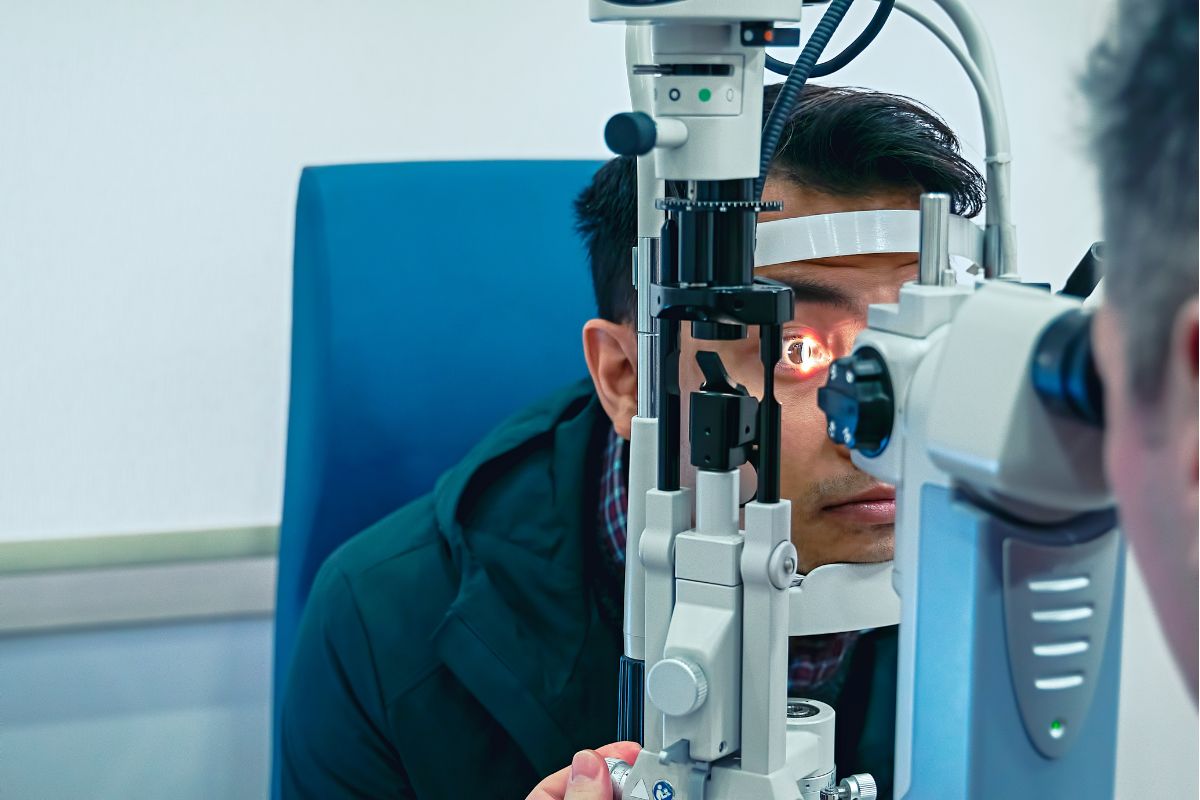

When discussing healthcare priorities, people often think of annual physicals or dental cleanings, but regular visits to an eye doctor are equally essential. Vision health is not just about clear sight it’s about early detection of systemic conditions, maintaining quality of life, and adapting to technological demands on our eyes. Research consistently shows that eye care is one of the most overlooked areas of preventive medicine, despite its significant long-term implications.
According to the Centers for Disease Control and Prevention, approximately 12 million Americans aged 40 and over experience vision impairment, yet many of these cases are preventable or correctable with early intervention. Eye doctors provide critical services that go far beyond prescribing glasses they play a frontline role in detecting conditions like glaucoma, macular degeneration, and diabetic retinopathy before they cause irreversible damage.
Studies highlight that regular eye exams are among the most effective tools for identifying early signs of chronic diseases such as diabetes, hypertension, and even high cholesterol. This makes the role of an eye doctor a cornerstone in preventive medicine. Early detection not only improves health outcomes but also reduces long-term healthcare costs, underscoring the economic as well as medical value of comprehensive eye care.
Modern eye doctors offer a wide range of services tailored to patient needs, including:
The increased use of digital devices has led to a surge in conditions such as digital eye strain and myopia (nearsightedness), particularly among younger populations. Eye doctors are adapting by offering blue light filtering solutions, personalized lens designs, and guidance on healthier screen habits. This proactive approach reflects research showing that technology-driven lifestyles are reshaping vision care needs globally.
Among the providers setting the standard in eye care is Northpoint Eye Studio. With a focus on both clinical excellence and patient experience, this practice offers comprehensive services ranging from routine exams to advanced disease management. Their team integrates cutting-edge technology with a personalized approach, ensuring that each patient not only receives accurate diagnoses but also understands how to protect their vision long-term.
Eye doctors also provide measurable value to communities by reducing preventable blindness, improving workplace productivity, and supporting educational outcomes for children. Research indicates that uncorrected vision problems cost the global economy more than $200 billion annually. By offering timely interventions, practices like Northpoint Eye Studio contribute to both individual well-being and broader economic resilience.
The field of optometry and ophthalmology is evolving rapidly, influenced by new research and patient expectations. Emerging trends include:
The success of preventive eye care offers important lessons for other medical fields. Emphasizing early detection, patient education, and lifestyle integration creates stronger health outcomes across the board. Eye doctors exemplify how blending science with accessibility can address both medical needs and consumer expectations effectively.
The importance of visiting an eye doctor extends far beyond clearer vision. It’s about protecting long-term health, improving quality of life, and reducing healthcare costs through early detection and prevention. With forward-thinking providers like Northpoint Eye Studio, patients gain access to care that is rooted in research, innovation, and compassion. As vision health becomes increasingly vital in our digital age, eye doctors remain one of the most critical links in the chain of preventive medicine.
For more insights into the research shaping eye care and public health, organizations such as the Prevent Blindness Foundation and Statista provide valuable data on vision health trends. Together, these resources and trusted local providers ensure that communities stay informed and protected when it comes to one of our most vital senses: sight.







